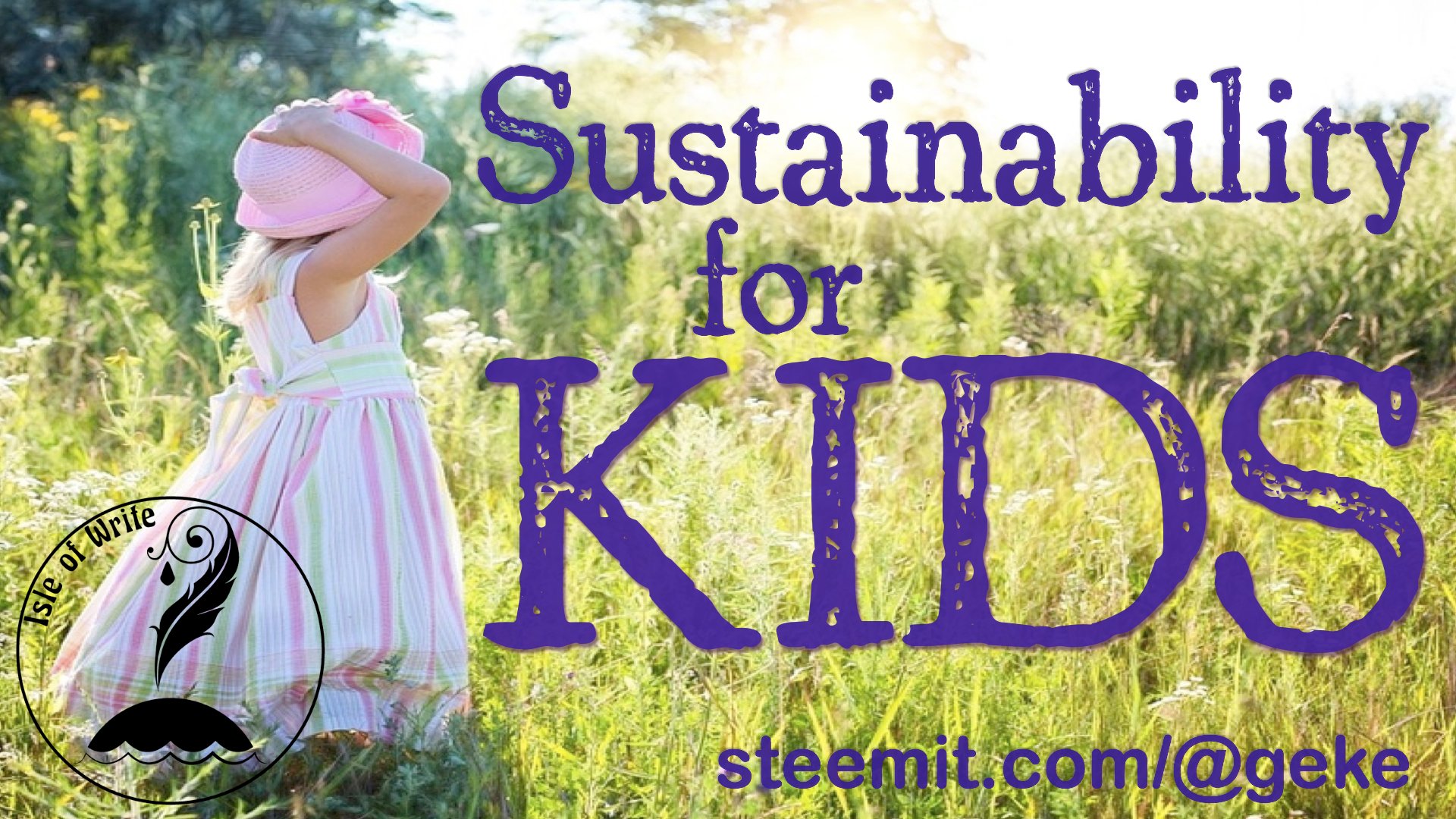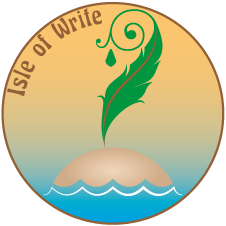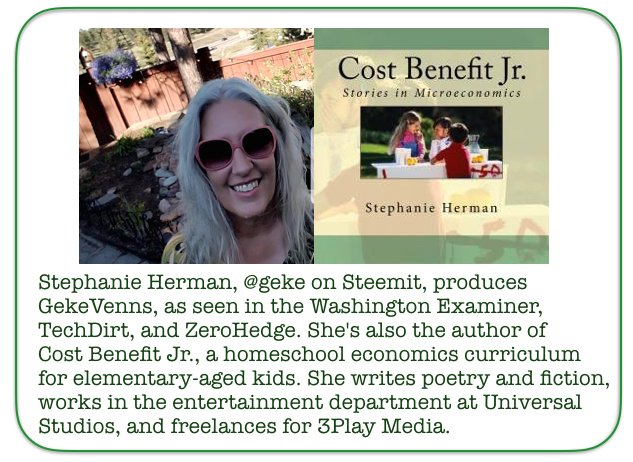
Now that the holiday season is winding down and we're done power-shopping for another year, this might be a good time to explore sustainability. Kids sometimes know the idea of sustainability better as “environmentalism,” and that's one aspect of it, but sustainability generally just means living in ways we can easily maintain.
We can't power-shop all year long; that's not sustainable for our bank accounts. And we can't power-consume natural resources forever. That's not sustainable, either.
One reason sustainability has become an issue is because our modern society is drowning in the opposite of sustainability: consumerism. It's not that we need to police what people buy. Everyone should be free to consume what they want. But it's good to understand why our society tends to consume unsustainably, and to explore some things we can do voluntarily to change our own behavior.
A big hint that our culture is leaning heavily toward consumerism is the fact that the Container Store, “clutter coaches,” and the show Hoarders exist. Owning too much stuff can be a problem for us these days, and that isn't sustainable, either: there's only so much room in our homes to store it all.
But “happiness through consumption” seems to be our modern-day motto. And this is a motto we've learned.

We first learned it right in our own home: the suggestion we all heard growing up to “clean your plate.” Eating is also known as “consuming,” and we consume in the economy when we buy something. There are many distinctions to be made about consumption in the field of economics, but basically, consumption is the opposite of making something (production).
Shopping, then, is an act of consumption.
And our warm fuzzies involving consumption in the economy are the result of another set of lecturing parents: politicians have encouraged us for decades to consume for the good of the economy and for the good of our neighbors. We tell ourselves that buying things helps other people. But that idea ignores a bigger picture. The study of economics shows us that saving our money can actually be more helpful to the economy than spending it.
In fact, the words below are synonyms for the word consume:
deplete
use up
take
devour
expend
ruin
eat
It’s true that human beings have to use things up to survive, but it’s the constant nudge to consume first and foremost that’s threatening sustainability. And that nudging started with a PR man named Edward Bernays, his uncle Sigmund Freud, and a marketing campaign for cigarettes patterned after war propaganda. We'll explore that next time.
This article is one of a series I'm writing for the 30 Day Writing Challenge hosted by @dragosroua. If you want to join, write on a topic that interests you or that you'd like to learn more about and use the tag #challenge30days. As Dragos says, "The key word sequence here is: "write every day."
Interested in a relaxed place
to kick back and chill
with other writers and creative types?
Check out The Isle of Write by clicking below!


